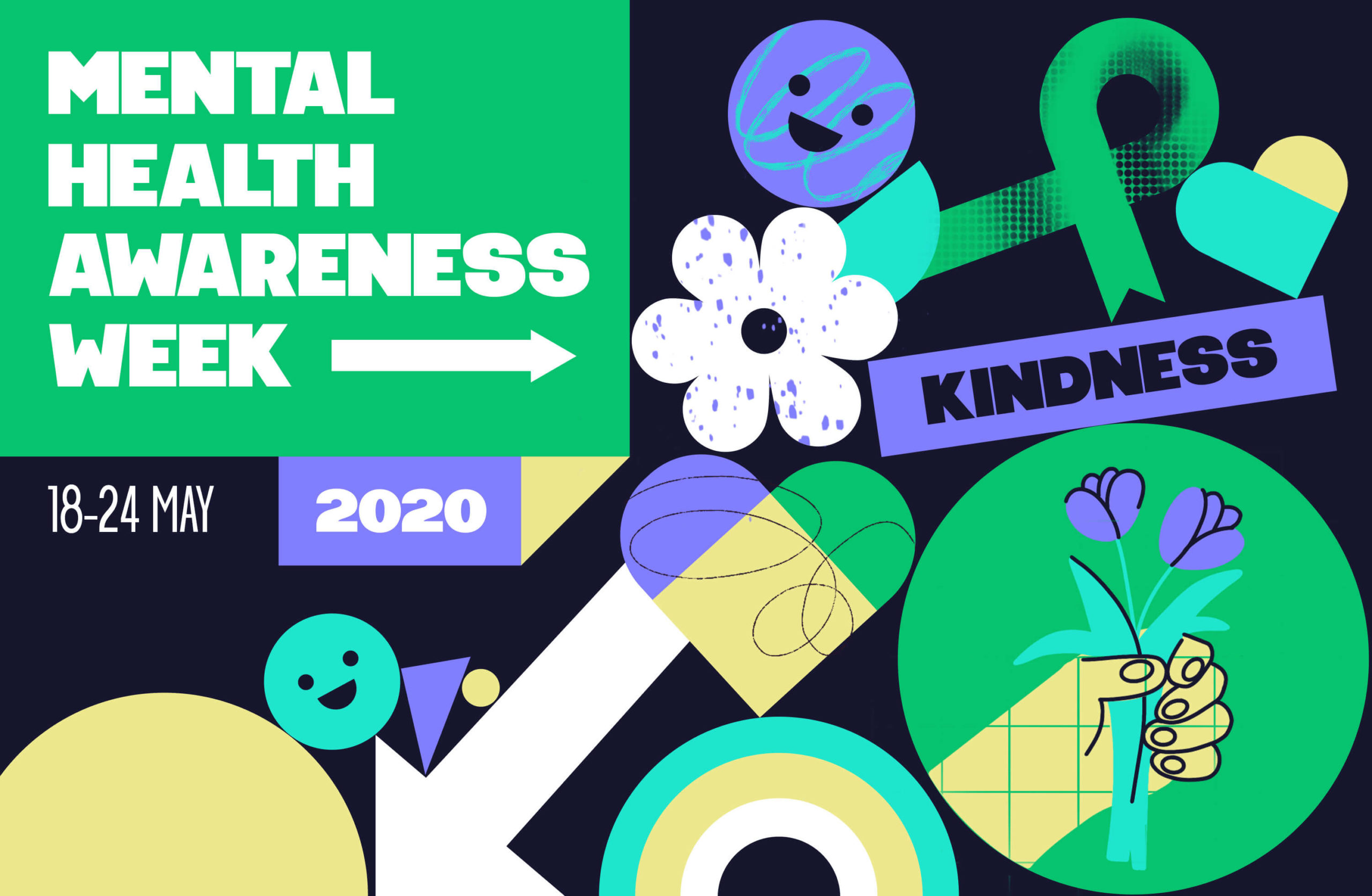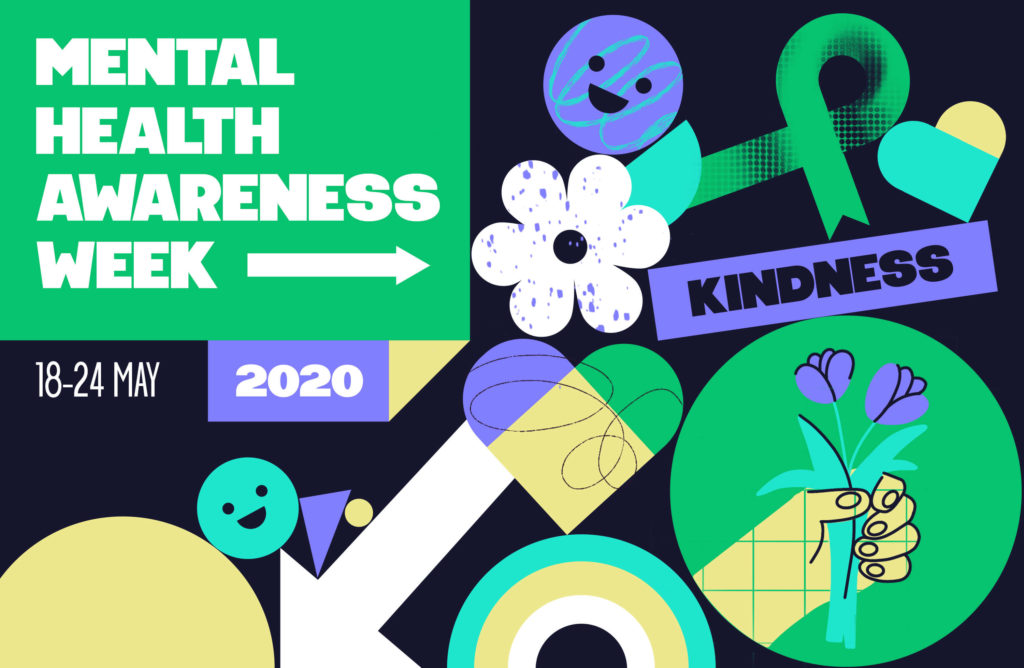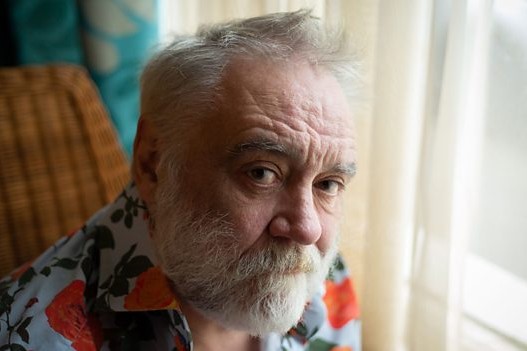
TV and Mental Health Awareness
 May not only brings the first scents of summer, but also brings Mental Health Awareness Week, the theme of which is Kindness, from 18th – 24th May. In this time of COVID-19, efforts towards preservation of, and assistance towards, better mental health seems even more important. Most resents polls carried out by the Mental Health Foundation have indicated that one in five of UK adults have felt panicked, and three in ten have felt afraid because of the coronavirus pandemic. This period of Lockdown has caused people to feel more alone and isolated than ever, and these feelings take their toll on the population’s mental health. The theme of Kindness is expected to help to bring people together, and to encourage this feeling of being part of a collective. Mark Rowland, Chief Executive of the Mental Health Foundation believes that this theme is more important than ever as “kindness unlocks our shared humanity… It has the potential to bring us together with benefits for everyone, particularly at times of great stress.”
May not only brings the first scents of summer, but also brings Mental Health Awareness Week, the theme of which is Kindness, from 18th – 24th May. In this time of COVID-19, efforts towards preservation of, and assistance towards, better mental health seems even more important. Most resents polls carried out by the Mental Health Foundation have indicated that one in five of UK adults have felt panicked, and three in ten have felt afraid because of the coronavirus pandemic. This period of Lockdown has caused people to feel more alone and isolated than ever, and these feelings take their toll on the population’s mental health. The theme of Kindness is expected to help to bring people together, and to encourage this feeling of being part of a collective. Mark Rowland, Chief Executive of the Mental Health Foundation believes that this theme is more important than ever as “kindness unlocks our shared humanity… It has the potential to bring us together with benefits for everyone, particularly at times of great stress.”
During these times of stress, TV can be used as a form of escapism; to provide an alternative from reality and to unite people with a similar cause and interest. Tony Hall, Director-General of the BBC said “Mental health is important – and during this pandemic more important than ever. Many people may be struggling alone, they may be worried about maintaining their own well-being or want to better equip themselves to help loved ones. That’s why bringing mental health issues out into the open is so important. Our programmes aim to do just that.” TV is a form of story-telling and, through it, topics that might be difficult to be addressed, can be explored in an empathetic and nuanced manner. According to the BBC it “has a long commitment to showing impactful and critically acclaimed programmes that resonate strongly with those experiencing some form of mental illness”. It is becoming more of a priority for shows to portray mental health in a positive and productive way rather than stigmatising those who struggle with their mental health. These types of storylines can be damaging to public attitudes but, if done well and sympathetically they can increase awareness and open up an avenue for discussion.
During Mental Health Awareness Week, the BBC is running a mental health programming schedule showcasing new productions and documentaries from the past two years to provide help to those suffering, and to provide education to help to end fear based on the unknown. These will include discussions on sportsmen and their struggles with the pressures around playing professionally and a delve into the life of Tony Slattery and his life with a complex disorder.
The role of TV is to not just entertain, but also to educate and to offer hope to people with mental health issues to make them feel like they are being seen. Social learning occurs through observation. The way that we are encouraged to think about a social issue influences the way that we perceive them. If people don’t have direct contact with someone who has a mental illness, then they are at risk of taking media consumption as their only source. With this in mind, it’s important that mental illness is not pinned onto vilified characters, rather portrayed in a way that is representative of the general population. Content should be used in a way that understands how its creation and portrayal of characters with mental health conditions can impact the public, focussing on providing diversity; representing race, gender, sexuality and age in these discussions.
The theme of Kindness for the 18th – 24th May needs to be upheld for more than just the week. We need to be kind in our consumption of media, and those that create media need to exercise kindness in their character portrayal. Rather than the sensationalism of old, associating mental illness with danger rather than empathy. Instead it has become the media’s responsibility to educate and raise awareness of these issues in a raw and truthful way. Whilst we are seeing an increasing coverage of the news, bringing with it a massive amount of bad news, it is also discussing the impact of COVID-19 on mental health, prescribing ways to combat some of these feelings of helplessness. The plethora of ‘at home’ shows, has seen an increasing number of presenters and celebrities becoming tuned into the challenges that being at home might raise. These are often signed off with warm wishes, and extensions of kindness to the public, making them feel that bit more connected.
Sources
http://assets.uscannenberg.org/docs/aii-study-mental-health-media_052019.pdf
https://www.radiotimes.com/news/tv/2020-04-30/bbc-mental-health-programming-may/

